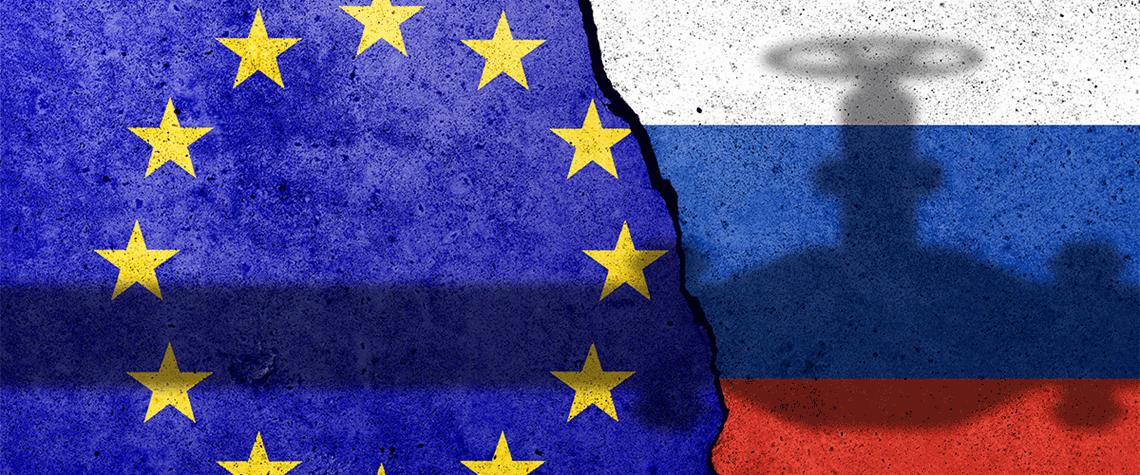Europe prepares for Russian product import ban
The European products market is the latest battlefield in the conflict between Moscow and the West
Russia has long sought to weaponise its critical role in the energy markets, and since launching its botched invasion of Ukraine almost a year ago, Moscow has intensified those efforts with the goal of driving a wedge between Kyiv and its European allies. But conversely, the EU is attempting to use its massive purchasing power to retaliate through the introduction of various market-intervention measures. The bloc banned imports of Russian crude on 5 December—with some notable exemptions, particularly for Bulgaria—and will impose a similar ban on Russian products on 5 February. The European Commission says the bans are “designed to maximise the negative impact of the sanctions for the Russian

Also in this section
26 July 2024
Oil majors play it safe amid unfavourable terms in latest oil and gas licensing bid rounds allowing Chinese low-ball moves
25 July 2024
Despite huge efforts by India’s government to accelerate crude production, India’s dependency shows no sign of easing
24 July 2024
Diesel and jet fuel supplies face a timebomb in just four years, and even gasoline may not be immune
23 July 2024
Rosneft’s Arctic megaproject is happening despite sanctions, a lack of foreign investment and OPEC+ restrictions. But it will take a long time for its colossal potential to be realised







